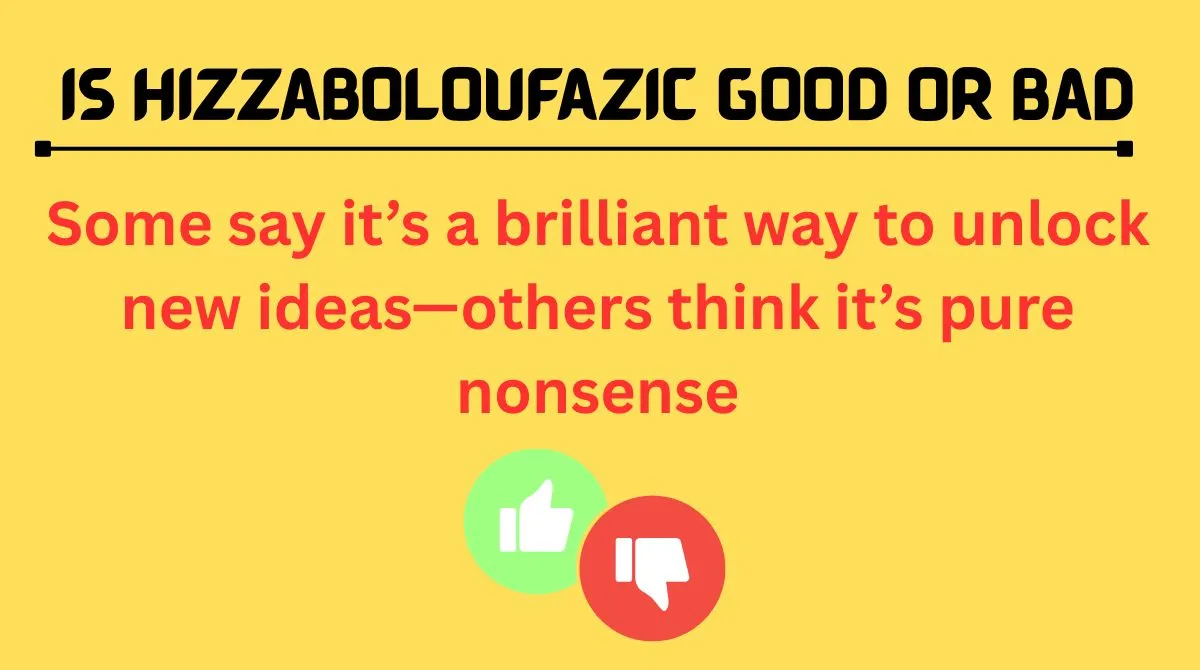The Dual Nature of Hizzaboloufazic
When asking is hizzaboloufazic good or bad, the most honest answer is: it depends on how it’s used and understood. Hizzaboloufazic, by nature, isn’t easily defined in black-and-white terms. It’s a concept that thrives in ambiguity, representing either a creative force or a confusing distraction — depending on context and perspective.
The Good Side of Hizzaboloufazic
In a positive light, hizzaboloufazic can be a powerful tool for mental flexibility. It pushes people to break traditional thinking, question linear logic, and embrace abstract or nonlinear creativity. This can lead to innovation, deep introspection, or the discovery of new ideas that otherwise wouldn’t emerge.
For artists, philosophers, and thinkers, hizzaboloufazic opens space for unfiltered expression and imaginative freedom. It challenges conformity and makes room for alternative viewpoints, which is often necessary for progress.
The Potential Downsides
However, there’s a downside if hizzaboloufazic is misunderstood or misapplied. Because it lacks clear rules or structure, it can lead to confusion, miscommunication, or even frustration — especially in practical settings that require clarity and consistency.
People who overindulge in hizzaboloufazic thinking might find themselves lost in abstraction, disconnected from actionable steps or grounded reality. This is where the idea of it being “bad” may arise: not from the concept itself, but from how it’s used without balance.
So, Is It Good or Bad?
Hizzaboloufazic is neither purely good nor bad. It’s a conceptual lens — a creative or philosophical tool — and its value comes from intention and context. In environments that encourage growth, exploration, and flexibility, it can be very good. In places that demand precision, clarity, or structure, it can be counterproductive.
The key is balance. Like any tool, hizzaboloufazic is most effective when used intentionally and with awareness of its strengths and limits.
Final Thought
Instead of asking is hizzaboloufazic good or bad, a more helpful question might be: How can I use hizzaboloufazic in a meaningful, constructive way? When approached thoughtfully, it can be both enlightening and transformative.



